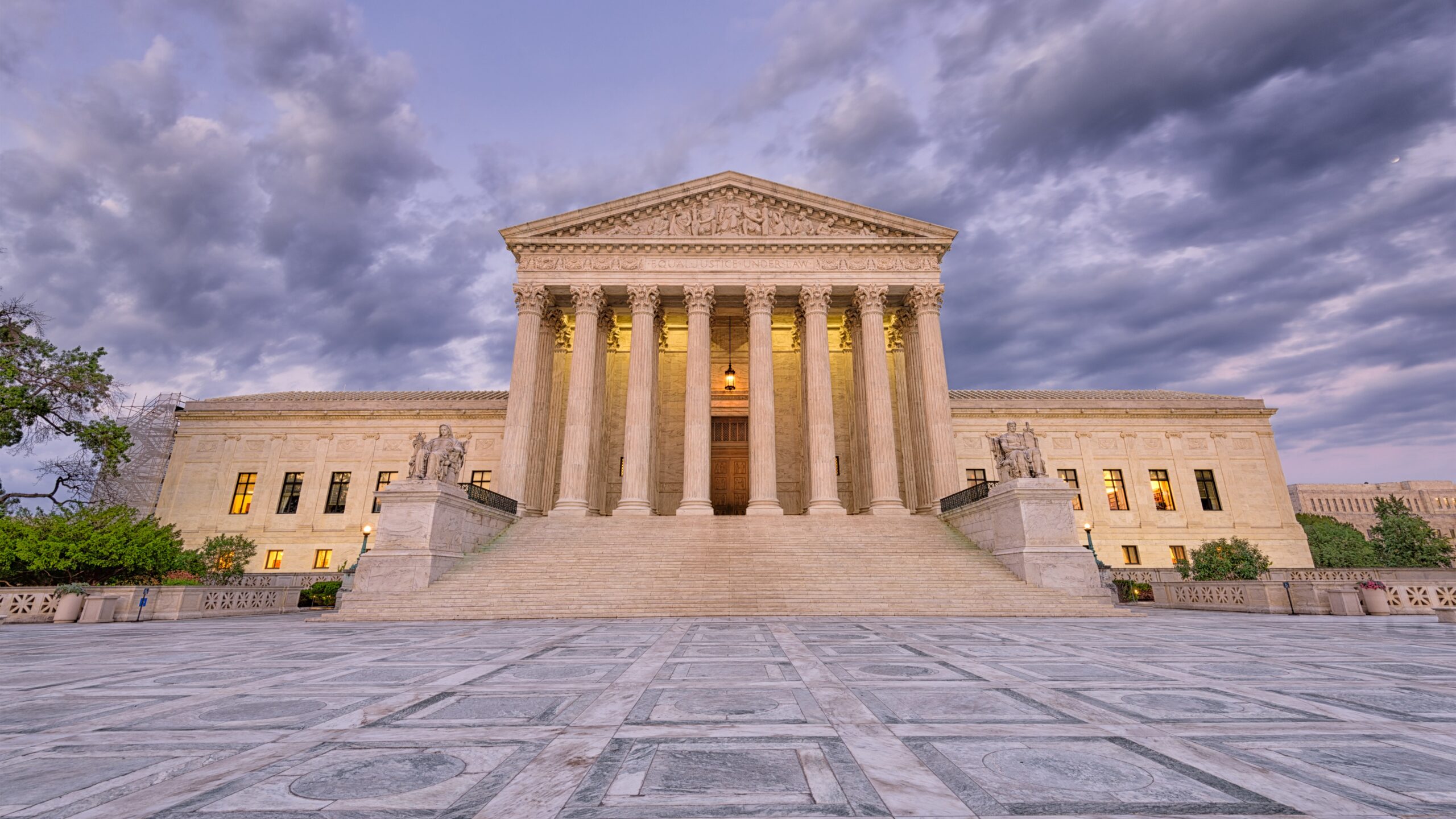
The U.S. Supreme Court's Assault on Voting Rights in Arizona Is Only the Beginning
By hannah fried
August 28, 2024
The U.S. Supreme Court’s recent ruling that Arizona may reject the voter registrations of citizens who do not provide documentation is more than just a legal battle; it is a pivotal moment in a decade-long assault on the Voting Rights Act. The decision follows a troubling trend set by previous rulings in Shelby County v. Holder and Brnovich v. DNC, where the Court has systematically weakened the core protections that have safeguarded our right to vote for generations.
This Arizona case is not an isolated incident. It is part of a broader agenda to undermine access to the ballot for voters of color and signals support for racist and xenophobic policies rooted in conspiracy theories. The implications for Arizona, and indeed for the entire nation, are profound.
The Supreme Court’s last minute, unnecessary decision imposes unnecessary burdens on voters and election officials alike. Under this ruling, voters using Arizona’s state registration form are required to submit proof of citizenship — a document that 1 in 10 Americans simply do not have and that some registrants forget to provide. Those who do not provide this proof will see their applications rejected outright, denying them the right to vote in federal, state and local elections, even though state databases may already contain the necessary proof that they are eligible to vote. Meanwhile, voters who use the federal registration form and don’t provide proof of citizenship will only be eligible to vote in federal races, excluding them from critical state and local elections that directly impact their daily lives.
This is not just an inconvenience but a deliberate effort to suppress voter turnout. Studies have shown that such burdensome requirements disproportionately affect marginalized communities, leading to decreased participation in our democratic process. And the strain on election officials—already grappling with a chaotic election year filled with disinformation, intimidation, and threats—cannot be overstated. Now, they must manage a new process for Arizonans to register and vote, adding unnecessary complexity to an already challenging year.
The ramifications of this ruling extend far beyond Arizona. By upholding these draconian requirements, the Supreme Court is lending credence to a widespread disinformation campaign that falsely claims non-citizens are voting in our elections. This baseless narrative has been promoted by some of the highest officials in our government, including U.S. House Speaker Mike Johnson, and now, unfortunately, by the Supreme Court itself.
Let me be clear: non-citizens are not voting in our elections. This myth is being used to discredit legitimate election results and to sow doubt in the minds of voters. It is a dangerous precedent that undermines our free and fair elections.
In the short term, immediate action is necessary to combat these attacks on voting and ensure Arizonans have access to the ballot box in November. County, state, and federal officials must secure emergency funding for election officials in Arizona to ensure they can effectively implement these new requirements without compromising the election process. This includes additional training for election workers who administer voter registration systems, send out vote-by-mail ballots, and assist at polling locations to ensure voters receive the correct ballot. It includes a greater investment by state and local officials in voter education, so Arizonans have the information they need to be able to successfully register to vote.
We must also continue to challenge these unjust laws in the courts and advocate for stronger protections at the federal level. The John Lewis Voting Rights Advancement Act, for example, would require federal approval before states would be able to impose stricter requirements for proof of identity or other documentation when registering or voting – for the very reason that these types of laws have historically disenfranchised voters of color.
This moment calls for vigilance, resilience, and a renewed commitment to protecting the right to vote. We must not allow fear and misinformation to erode the progress we have made. Our democracy depends on it.